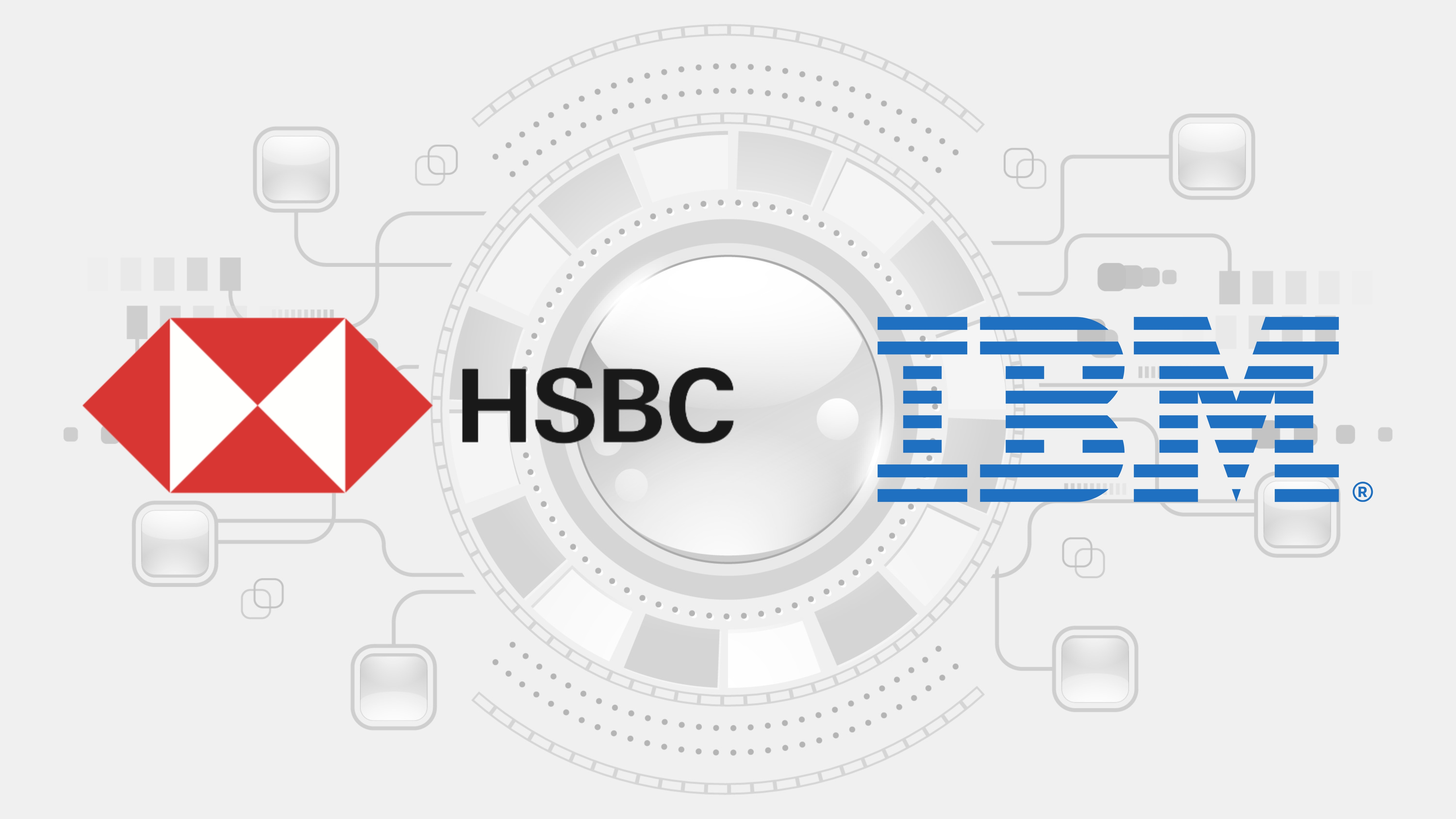Google has agreed to pay $48 million, and Flo Health, a menstrual tracking app, has agreed to pay $8 million to resolve claims that the app shared users’ health data without their consent.
The lawsuit alleged that Flo used third-party tools to transmit personal information, including menstruation and pregnancy details, to companies like Google, Meta, and analytics firm Flurry.
The class-action case, filed in 2021 by plaintiff Erica Frasko and later consolidated with similar complaints, accused Flo of violating privacy laws by allowing user data to be intercepted via embedded software development kits (SDKs).
Google’s settlement, disclosed this week, covers users who inputted reproductive health data between November 2016 and February 2019.
While neither Flo nor Google admitted wrongdoing, the settlement avoids the uncertainty of a trial. A notice to claimants stated the resolution helps sidestep the costs and risks of prolonged litigation.
Meta, a co-defendant, opted to go to trial and was found liable in August for violating California’s Invasion of Privacy Act. A judge recently rejected Meta’s attempt to overturn that verdict.
According to The Record, the case has drawn significant attention from privacy advocates and the tech industry, highlighting the potential legal risks of data-sharing practices tied to ad-tracking technology.
Would you like to learn more about AI, tech and digital diplomacy? If so, ask our Diplo chatbot!










